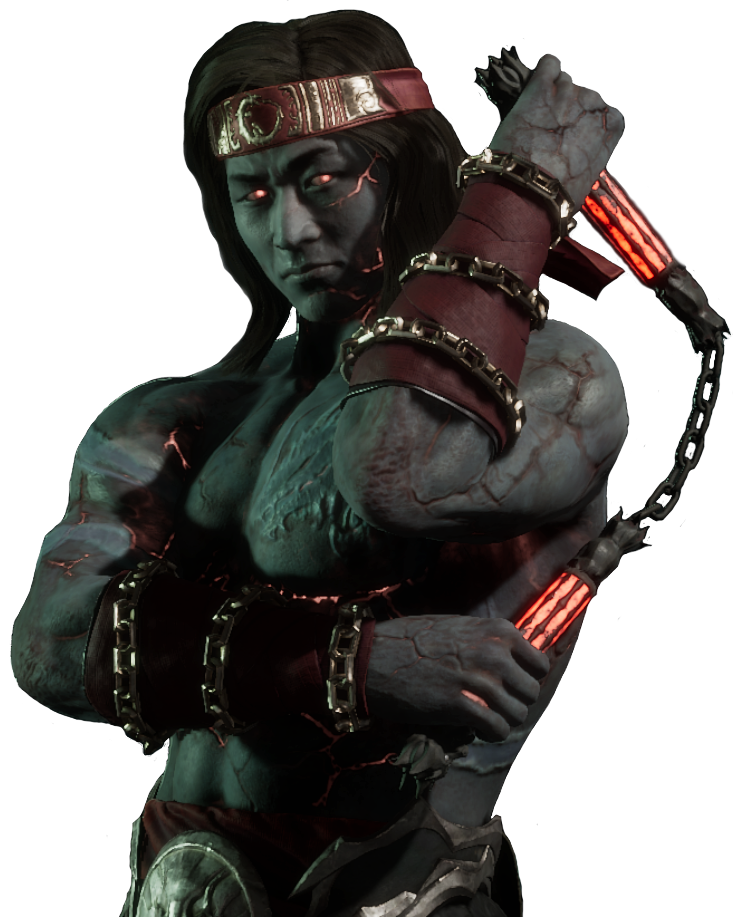

- #MK.REGENERATION XENOSHYFT RULES HOW TO#
- #MK.REGENERATION XENOSHYFT RULES GENERATOR#
- #MK.REGENERATION XENOSHYFT RULES MOD#
- #MK.REGENERATION XENOSHYFT RULES PORTABLE#
(Although, personally, I would stick to Paul's First Rule of Makefiles: Don't hassle with writing portable makefiles, use a portable make instead. Charged attacks propel you forward while swinging in a large.

Uncharged attacks will slash in a huge area. In Striking Form, attacks focus on close-ranged damage. Right click to swap between Blasting Form, Striking Form, and Mystic Form with 1/3rd second cooldown.
#MK.REGENERATION XENOSHYFT RULES MOD#
) construct, can you not simply replace it with $(PROTOCOLS)? This weapon scales to the Calamity Mod Hold left click to charge the weapon if the weapon is fully charged, the attack varies. PRECIOUS, to prevent make from deleting them, but I'm using pattern rules I'm not 100% sure, but I think this isn't necessary when using explicit rules, like here. In my own makefiles, I have to declare the timestamp files as prerequisites of the special target. Protolist.c $(filter-out %Makefile %genmodtable.sh, $^) Protolist.c.time: $(PROTOCOLS) Makefile src/genmodtable.sh In order to make this work, you have to link the two together with an empty rule. What you want is have make compare the timestamp of protolist.o to the timestamp of protolist.c, which remains 'old', and make the decision to run the recipe for protolist.c, depending on the timestamp of, well, a timestamp file, which gets updated each time the recipe is run.
#MK.REGENERATION XENOSHYFT RULES HOW TO#
(Not relevant, other than that is where I picked up how to do this.) This appears similar to an issue with Fortran programming and make, involving the files generated when compiling a module. ) construct, that would be helpful, as that is the only GNUmakeism in this Makefile.) (Also if anyone can suggest how to get rid of that silly $(filter-out. I dimly recall an idiom, involving timestamp files, that could be used to stop Make from doing this, but I have not been able to reconstruct it or find it described anywhere. This isn't a performance issue - the script is very fast - but it is confusing behavior. That all works fine the problem is that, because protolist.c now appears to be out of date with respect to its dependencies, Make thinks it has to try to regenerate protolist.c on every run. This causes Make to skip rebuilding protolist.o and its dependencies when it's not really necessary. Therefore, genmodtable.sh is coded to not change the timestamp of protolist.c if it's not going to make any change to its contents.
#MK.REGENERATION XENOSHYFT RULES GENERATOR#
The contents of this file do formally depend on everything in $(PROTOCOLS), the Makefile, and the generator script, but it's very rare for the file to actually change when one of those. $(SHELL) $(srcdir)/src/genmodtable.sh $(filter-out %Makefile %genmodtable.sh, $^)Īs the name implies, protolist.c winds up containing a list of all the "protocols" defined by the. Severed parts that are not reattached wither and die normally.Ī creature must have a Constitution score to have the regeneration ability.įormat: regeneration 5 (fire, acid) Location: hp.I have a Makefile with several rules of this form protolist.c: $(PROTOCOLS) Makefile src/genmodtable.sh Regenerating creatures can regrow lost portions of their bodies and can reattach severed limbs or body parts if they are brought together within 1 hour of severing. Regeneration also does not restore hit points lost from starvation, thirst, or suffocation. The creature's descriptive text describes the types of damage that cause the regeneration to cease functioning.Īttack forms that don’t deal hit point damage are not healed by regeneration. During this round, the creature does not heal any damage and can die normally.

Certain attack forms, typically fire and acid, cause a creature’s regeneration to stop functioning on the round following the attack. Creatures with regeneration heal damage at a fixed rate, as with fast healing, but they cannot die as long as their regeneration is still functioning (although creatures with regeneration still fall unconscious when their hit points are below 0). Normal: A character without this feat who is reduced to negative hit points is unconscious and dying.Ī creature with this ability is difficult to kill. If your negative hit points are equal to or greater than your Constitution score, you immediately die. You can take a move action without further injuring yourself, but if you perform any standard action (or any other action deemed as strenuous, including some swift actions, such as casting a quickened spell) you take 1 point of damage after completing the act. If you do not choose to act as if you were disabled, you immediately fall unconscious. You must make this decision as soon as you are reduced to negative hit points (even if it isn't your turn).
/pic2483796.jpg)
You may choose to act as if you were disabled, rather than dying. You do not need to make a Constitution check each round to avoid losing additional hit points. Benefit: When your hit point total is below 0, but you are not dead, you automatically stabilize.


 0 kommentar(er)
0 kommentar(er)
